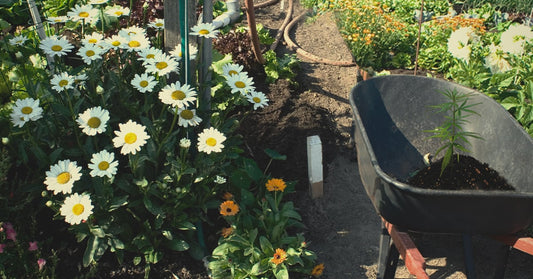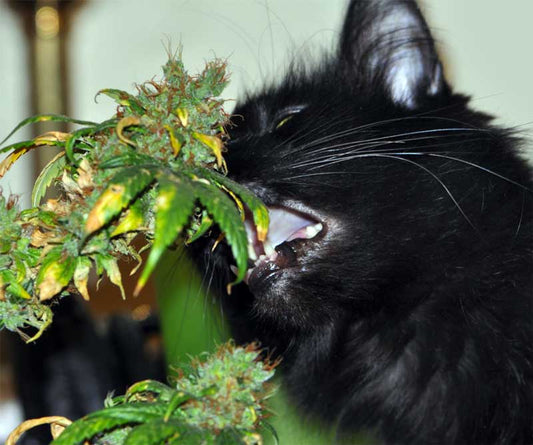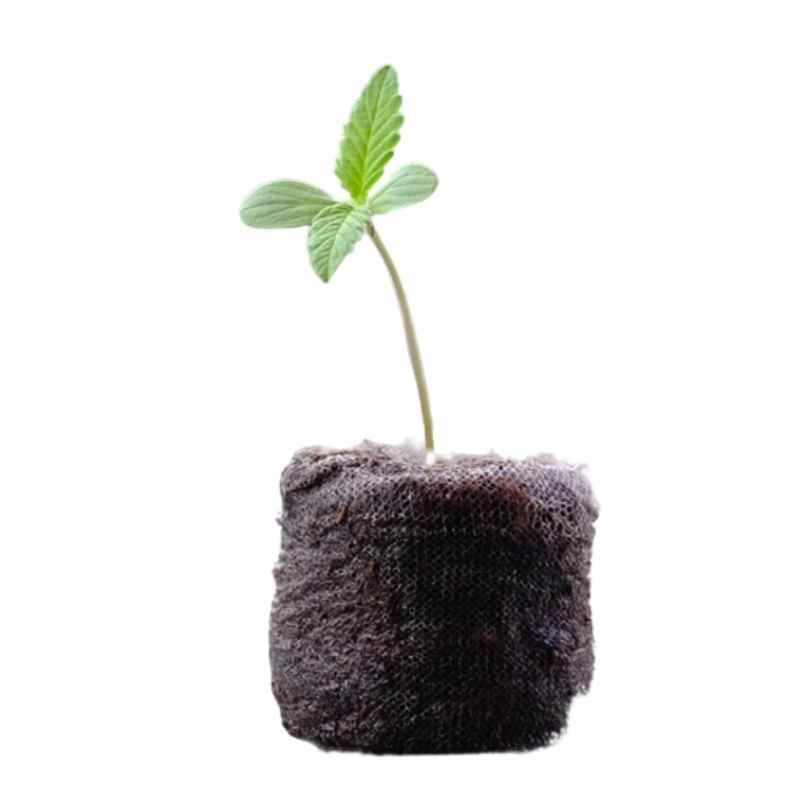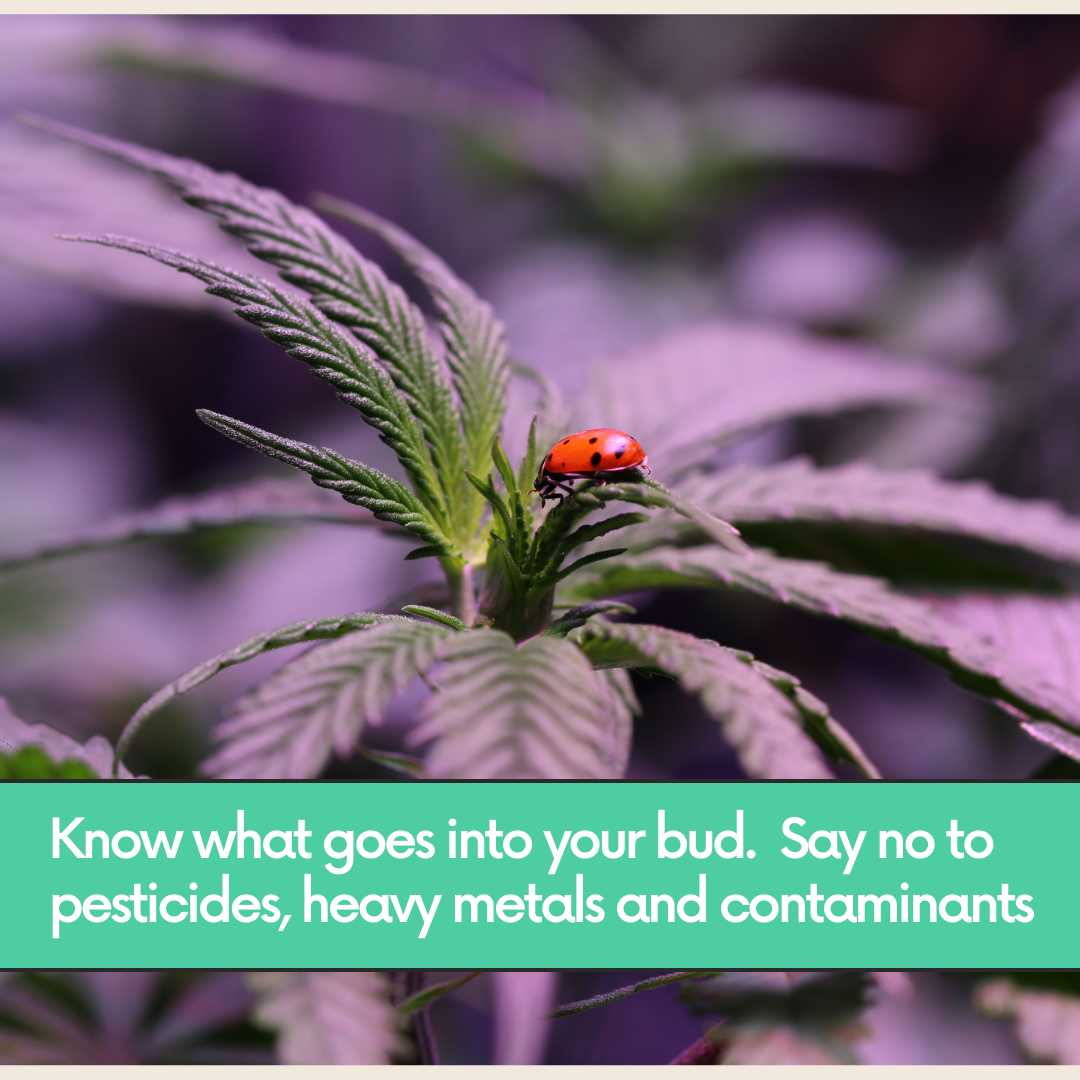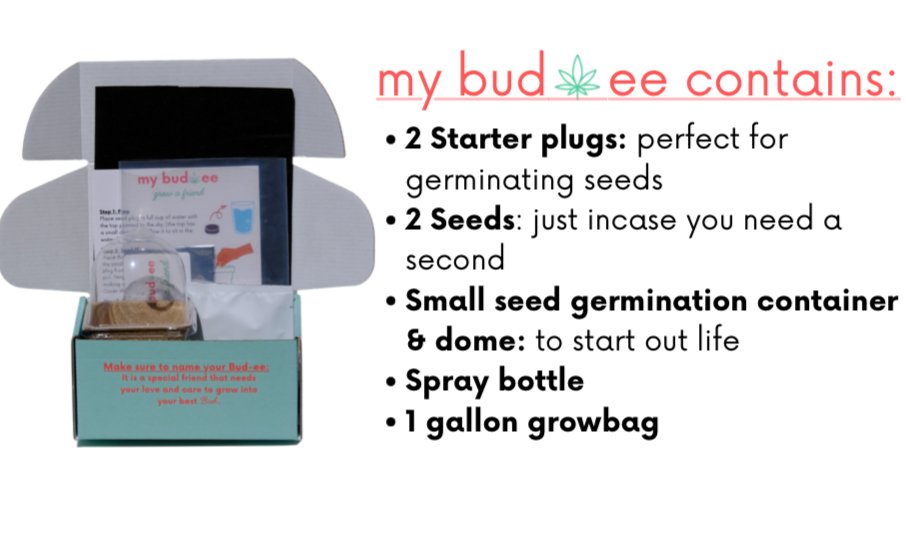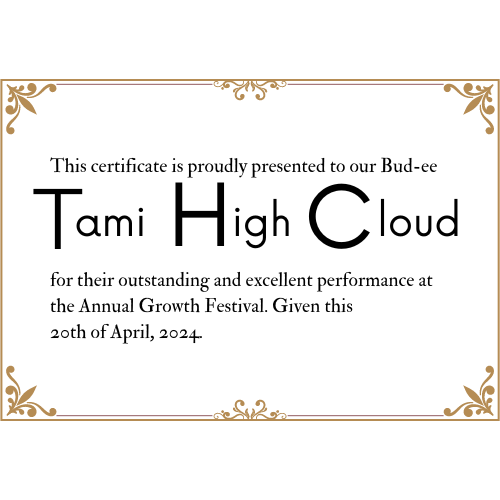Is THC Becoming the Preferred Recreational Choice Over Alcohol?
As cultural attitudes toward cannabis evolve and legalization spreads across the globe, an interesting trend is emerging: more people are choosing THC (tetrahydrocannabinol) as their recreational substance of choice over alcohol. This shift isn’t just about novelty; it’s driven by a growing awareness of the health risks associated with alcohol consumption, particularly its link to cancer, and the perception of THC as a safer alternative.
Alcohol and Cancer Risk: The Sobering Reality
Decades of research have firmly established alcohol as a significant risk factor for various types of cancer. According to the World Health Organization (WHO), alcohol is classified as a Group 1 carcinogen, meaning there is sufficient evidence to confirm its cancer-causing potential. Here are some key statistics:
Increased Risk Across Several Cancers: Alcohol consumption has been linked to cancers of the mouth, throat, esophagus, liver, colon, rectum, and breast (National Cancer Institute).
Even Moderate Drinking: Studies show that even moderate alcohol use can increase cancer risk, with no “safe” level of consumption.
Impact on Global Health: In 2020 alone, alcohol was responsible for over 741,000 cancer cases worldwide (The Lancet Oncology).
Given these stark facts, many individuals are reevaluating their relationship with alcohol and seeking alternatives for relaxation and recreation.
THC: A Safer Recreational Alternative?
THC, the psychoactive compound in cannabis, has become an increasingly popular choice for those looking to unwind without the negative health implications of alcohol. While research into the long-term effects of cannabis is ongoing, here’s why many consider THC to be a healthier alternative:
1. Lower Cancer Risk
Unlike alcohol, THC has not been definitively linked to cancer. In fact, some studies suggest that cannabinoids may have anti-cancer properties in certain contexts, though more research is needed (National Institute on Drug Abuse). The lack of carcinogenic properties makes THC a more appealing option for those concerned about long-term health.
2. Fewer Hangovers
One of the most immediate advantages of THC over alcohol is the absence of hangovers. While overindulging in THC can lead to temporary discomfort, it does not cause the dehydration, headaches, and fatigue commonly associated with alcohol consumption.
3. Caloric and Nutritional Impact
Alcohol is often calorie-dense and devoid of nutrients, contributing to weight gain and other health issues. THC, on the other hand, contains no calories, though it can stimulate appetite (the “munchies”). For those monitoring their caloric intake, THC is a more waistline-friendly choice.
4. Mental and Emotional Benefits
While alcohol is a depressant and can exacerbate mental health issues like anxiety and depression, THC, when used in moderation, can promote relaxation, creativity, and even euphoria. Many users report feeling more connected and engaged, making it a popular choice for social and solo activities alike.
The Cultural Shift: Why THC Is Gaining Popularity
Several factors are fueling the rise of THC as a recreational alternative to alcohol:
1. Legalization and Normalization
The legalization of cannabis in many states and countries has reduced the stigma surrounding its use. As access becomes easier, more people are experimenting with THC and discovering its benefits.
2. Health-Conscious Consumers
The wellness movement has encouraged people to prioritize their health and make informed decisions about what they consume. As awareness grows about the risks of alcohol, THC is emerging as a more attractive option.
3. Diverse Consumption Methods
Cannabis offers a wide range of consumption options, from smoking and vaping to edibles, tinctures, and beverages. These options allow users to customize their experience and find a method that suits their preferences and lifestyle.
4. Reduced Social Consequences
Unlike alcohol, which can impair judgment and lead to regrettable decisions, THC’s effects are generally milder and more introspective. For many, this makes it a preferable choice for socializing or unwinding.
The Future of Recreational Cannabis
As THC continues to gain traction as a recreational substance, it’s worth noting that responsible use is key. Just like alcohol, THC can have negative effects if overused, including impaired motor skills and potential dependency. However, when used mindfully, THC offers a compelling alternative to alcohol, especially for those concerned about long-term health risks.
The shift from alcohol to THC reflects broader changes in how people approach recreation and wellness. With growing awareness of alcohol’s dangers and increased access to cannabis, it’s likely we’ll see more individuals making the switch in the years to come. Whether for health reasons, social preferences, or personal exploration, THC is becoming a staple in the modern recreational landscape.



